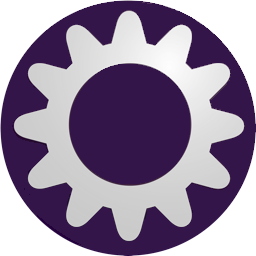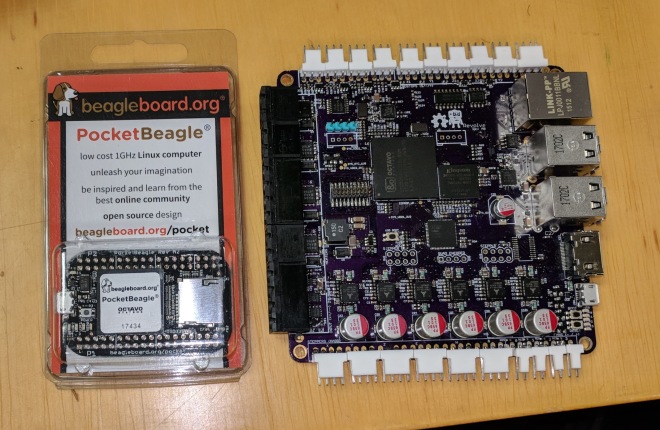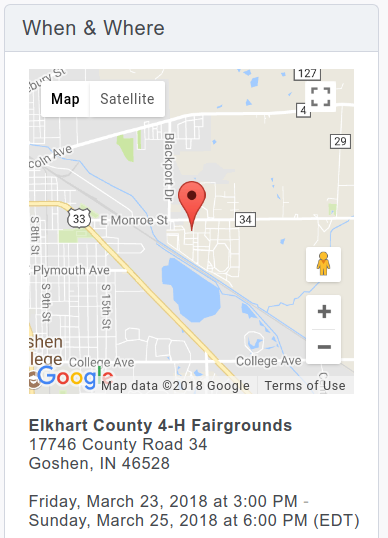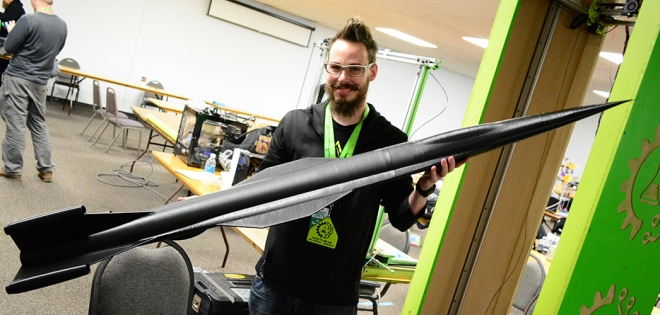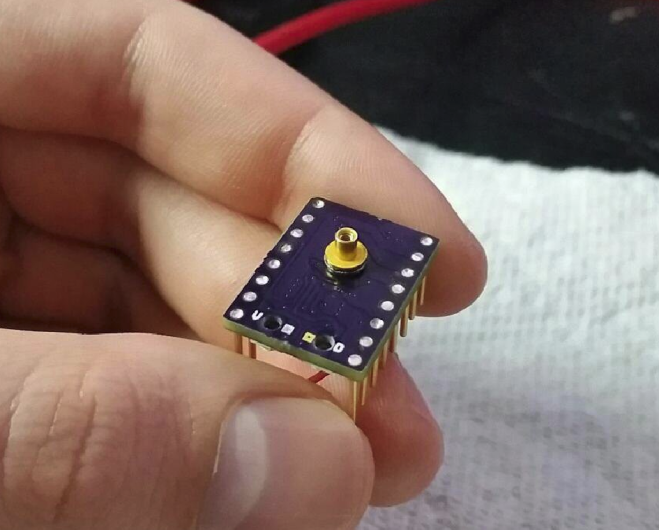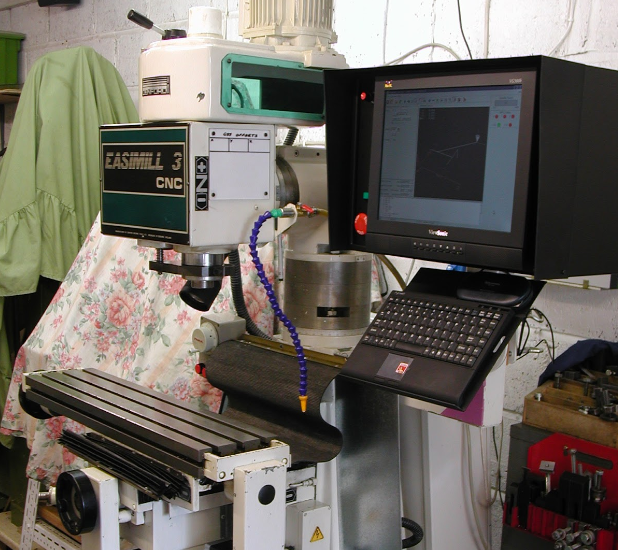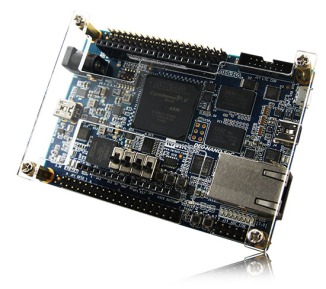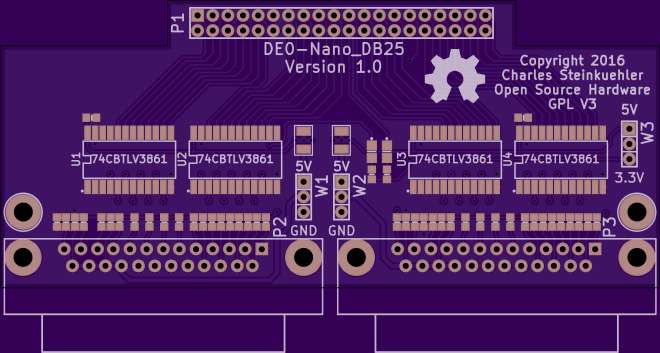Would you believe that you can take a cheap 3D printer and easily convert it into a full function pick and place machine to help assemble your PCBs? No? Well good, because you can’t. A real pick and place needs all kinds of sensors and logic to identify parts, rotate them, make sure everything is aligned, etc, etc. There’s no way you could just bolt all that onto a cheap 3D printer, and let’s not even talk about the lack of closed loop control.
But if you have a very specific use case, namely a PCB that only has a relatively large single part that doesn’t need to be rotated, [Connor Nishijima] might have a solution for you. He bought a $150 USD Monoprice Mini, and with the addition of a few printed parts, was able to build a machine that drastically cuts down the time it takes for him to build his LED boards. Best of all the modification doesn’t involve any permanent changes to the printer, he can just pop off the vacuum attachment when he wants to print something.
CNC
Turning The Beaglebone On A Chip Into A 3D Printer Controller
UPDATE: Thomas Sanladerer interviews Elias Bakken about the Revolve board
Brian Benchoff writes on the Hackaday blog:
Turning The Beaglebone On A Chip Into A 3D Printer Controller
It’s understood that 3D printers and CNC machines need to control motors, but there are a few other niceties that are always good to have. It would be great if the controller board ran Linux, had support for a nice display, and had some sort of networking. The usual way of going about this is either driving a CNC machine from a desktop, or by adding a Raspberry Pi to a 3D printer.
The best solution to this problem is to just drive everything from a BeagleBone. This will give you Linux, and with a few motor drivers you can have access to the fancy PRUs in the BeagleBone giving you fast precise control. For the last few years, the Replicape has been the board you need to plug a BeagleBone into a few motors. Now, there’s a better, cheaper solution. At the Midwest RepRap Festival this weekend, [Elias Bakken] has unveiled the Revolve, a single board that combines Octavo Systems’ OSD3358 ‘BeagleBone On A Chip’ with silent TMC2130 motor drivers from Trinamic. It’s an all-in-one 3D printer controller board that runs Linux.
The specs for the Revolve are more or less exactly what you would expect for a BeagleBone with a 3D printer controller. The main chip is the Octavo Systems OSB3358, there are six TMC2130 stepper drivers from Trinamic connected directly to the PRUs, 4 GB of eMMC, 4 USB host ports, 10/100 Ethernet, 1080p HDMI out, and enough headers for all the weird and wonderful 3D printers out there. The software is based on Redeem, a daemon that simply turns G-code into spinning motors and switching MOSFETs.
The price hasn’t been set, but [Elias] expects it to be somewhere north of $100, and a bit south of $150. That’s not bad for a board that effectively does everything from online printer monitoring to real-time motion control. There’s no date for the release of this board, but as with most things involving 3D printer, the best place to check for updates is Google+.
You can also checkout the official product page for more info:
Revolve: Replicape has evolved
Midwest RepRap Fest this weekend
 The world’s biggest open source hardware 3-D printer festival is this weekend in Goshen, Indiana (USA):
The world’s biggest open source hardware 3-D printer festival is this weekend in Goshen, Indiana (USA):
2018 Midwest RepRap Festival (MRRF)
Friday, March 23, 2018 at 3:00 PM – Sunday, March 25, 2018 at 6:00 PM (EDT)
What is MRRF? It’s the worlds largest celebration of open source 3D printing with over 1,000 people from around the globe attending in 2017. If you are a hobbyists, enthusiast or any level of user of 3D printing then come on out and enjoy the weekend with others. Not sure what 3D printing is or want to learn more about it? Perfect! Come out and see what it’s all about.
Hackaday has a great recap of MRRF last year:
The Midwest RepRap Festival Spectacular
Check out the MRRF newsletter for the latest details and follow MRRF on Twitter. And look for our Drew Fustini this weekend who will, of coruse, be wearing purple and carrying lots of OSH Park coupons to share!
DRV8818 Stepper Driver Module for 3D Printers
RAMPS compatible driver module based on DRV8818 by Dean Gouramanis:
DRV8818 Stepper Driver Module for 3D Printers
The goal of this project is to fit the DRV8818 driver circuit onto the standard 0.8″ X 0.6″ PCB size used in RAMPS 3D printers. DRV8825 drivers are a popular choice for desktop 3D printers, because they can provide up to 2.5 amps peak current. The DRV8818 is a similar IC capable of driving up to 3.5 amps, but the circuit is too large to fit on PCB using regular methods. Also, without a propper heatsink it will overheat.
dgouramanis/T18_driver
Midwest RepRap Fest in 2 weeks
Every year, sometime in March, the world’s preeminent 3D printing enthusiasts gather in the middle of nowhere This is MRRF, the Midwest RepRap Festival. It’s only two weeks away. You need to come. Get your (free) tickets here. I’ll be there, and Hackaday is proud to once again sponsor the festival. I need to backtrack a…
via Two Weeks Until The Greatest 3D Printer Meetup On The Planet — Hackaday
Parallel port interface for FPGA board
Machinekit is a platform for machine control applications. It is based on LinuxCNC and can drive mills, lathes, 3D printers, laser cutters and more.
Machinekit can run on an Altera SoC which combines a hard silicon ARM core with a FPGA. Charles Steinkuehler has been working with the DE0-Nano development board from Terasic. MachineKit runs on the ARM core with the FPGA configured as a MesaNet card:
DE0-Nano_Soc and the DB25 interface board
Charles designed a DB25 connected interface board, with pin-outs matching the P2 and P3 headers on a 5i25
cdsteinkuehler has shared the board on OSH Park:
DE0-Nano_DB25 V1.0
Mesanet DB25 daughter-card adapter for Terasic DE0-Nano development board
